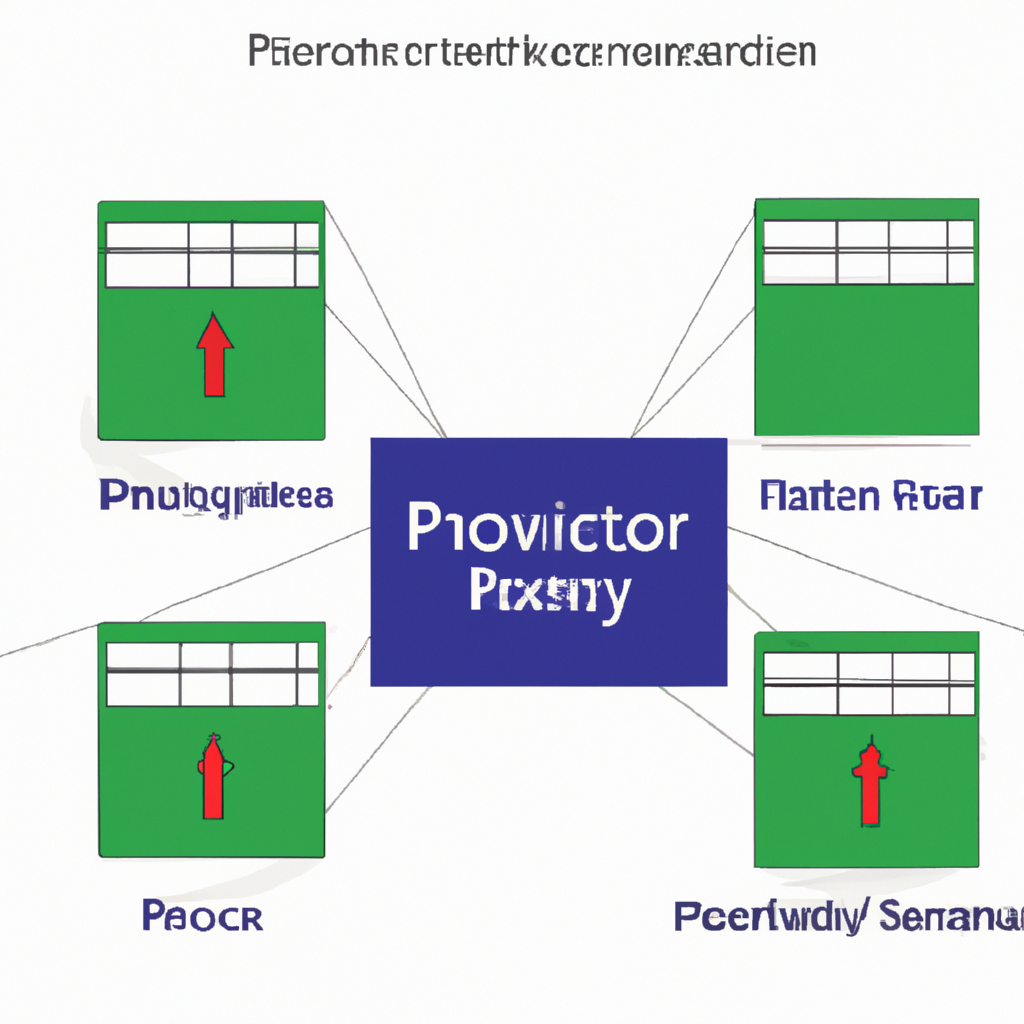How to Choose the Best Datacenter Proxy Provider
In today’s digital landscape, the need for enhanced privacy, security, and access to global content has led to a surge in the popularity of proxy services. Among these, datacenter proxies stand out due to their speed, reliability, and cost-effectiveness. However, with numerous providers in the market, choosing the right datacenter proxy provider can be daunting. This article will guide you through the essential factors to consider when selecting the best datacenter proxy provider for your needs.
What are Datacenter Proxies?
Datacenter proxies are IP addresses provided by data centers, as opposed to residential ISPs. They are not affiliated with any internet service provider and are typically faster and cheaper than residential proxies. Datacenter proxies are ideal for web scraping, managing multiple accounts, and bypassing geo-restrictions.
Considerations for Choosing a Datacenter Proxy Provider
1. Proxy Pool Size
The size of the proxy pool refers to the number of IP addresses available for use. A larger pool allows for more flexibility, reducing the risk of IP bans and enabling users to switch IPs quickly. When evaluating providers, check how many IPs they offer and whether they have IPs from different geographic locations.
2. Speed and Performance
Speed is crucial when using proxies, especially for activities like web scraping or streaming. Look for providers that offer high-speed connections and low latency. Some providers may offer a trial period, allowing you to test the speed and performance before committing.
3. Pricing and Plans
Datacenter proxies come at various price points, depending on the provider and the features offered. Compare pricing models—some providers charge per IP, while others offer packages based on bandwidth or usage. Ensure you find a balance between cost and the features you require.
4. Anonymity and Security
The primary purpose of using a proxy is to maintain anonymity online. Check whether the provider offers features like IP rotation, SSL encryption, and no-log policies. A provider that prioritizes user privacy and security is essential, especially for sensitive tasks.
5. Geographic Coverage
If you require access to content from specific regions, ensure that the provider has a diverse range of IP addresses from those locations. This is particularly important for businesses that need to access localized content or conduct market research.
6. Customer Support
Responsive and knowledgeable customer support can make a significant difference, especially if you encounter issues or have questions. Look for providers that offer multiple support channels, such as live chat, email, and phone support, along with comprehensive documentation.
7. User Reviews and Reputation
Before making a decision, research user reviews and testimonials about the provider. Check forums, social media, and review sites to gauge the general sentiment about their services. A provider with a strong reputation and positive reviews is often a safer choice.
8. API Access and Integration
If you plan to integrate proxies into your applications or workflows, consider whether the provider offers API access. An easy-to-use API can streamline the process of managing proxies and enhance automation, making it easier to scale your operations.
9. Trial Period or Money-Back Guarantee
A trial period or money-back guarantee allows you to test the service without risk. This is particularly valuable if you are unsure about the quality of the proxies or the reliability of the provider. Many reputable providers will offer some form of trial or guarantee.
10. Terms of Service and Usage Policies
Finally, carefully read the provider’s terms of service and usage policies. Ensure that their services align with your intended use, and be aware of any limitations or restrictions that may apply.
Conclusion
Choosing the best datacenter proxy provider involves careful consideration of various factors, including speed, reliability, pricing, and support. By conducting thorough research and assessing your specific needs, you can find a provider that meets your requirements and enhances your online activities. Whether for web scraping, data analysis, or simply browsing anonymously, the right datacenter proxy provider can make all the difference.

Comments (0)
There are no comments here yet, you can be the first!